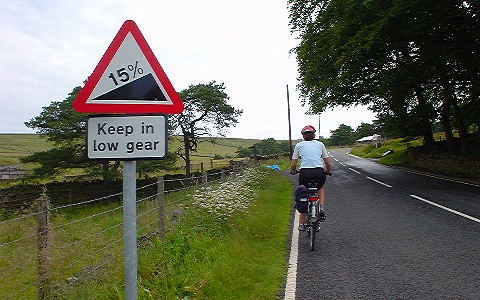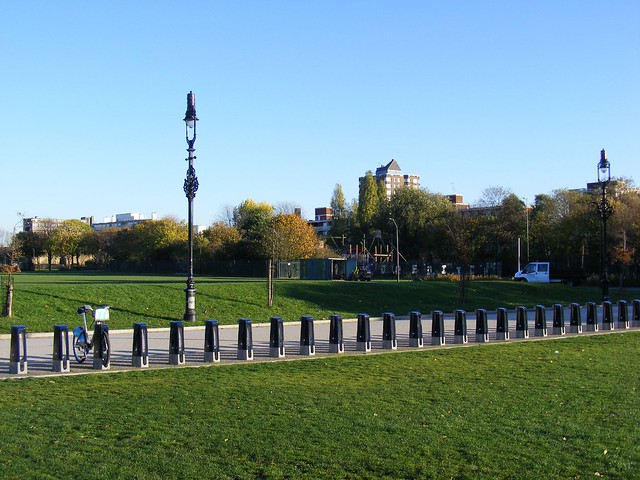An Uphill Struggle for Open Transport Data in Europe

Today, Europe’s latest bike share scheme, Antwerp’s A-Velo launches. With roughly 80 stations and 1000 bikes, it’s quite an impressive scheme. It follows Ljubljana’s own launch last month.
Sadly it won’t appearing on my Bike Share Map anytime soon. It appears the scheme operator may have, possibly deliberately, slowed down the speed of access to the data on how empty or full each cycle dock is – making life difficult for mobile apps which would help users quickly find their nearest bikes, or free docking points. For bike shares to be a success, such apps are crucial – without them, it can be a bit of a lottery finding stands at certain times of the day. It also makes it difficult for me to access the same data, for my at-a-glance map.
You’ll notice, if you click on a stand on the Google Map of the scheme, there is a characteristic delay, of either 7.5 or 12.5 seconds, while the popup says “opladen…” – before the numbers appear.
You can see the delay visually by looking at the data coming in with your web browser’s developer tools (built into Chrome/Safari, or use Firebug in Firefox.) mHere’s what it looks like for Antwerp, as I clicked on a number of the docking stations on the map in turn:

The times it took to receive the data files – 7.5 or 12.5 seconds – are too similar for it to be due to the server being overloaded, or random delays through the web. It does looks like there may have been a decision to delay the service – perhaps with the best of intentions of ensuring a single client can’t overwhelm the server. Still, it’s a pity.
Spain announced its forthcoming Open Data Store today – but when raolbaletco enquired to the regional government about opening the data for the Valencia bike share scheme, the response was just “ask [scheme operator]“. A similar response was forthcoming for Paris’s bike share scheme – even though there is an Open Data Store for the city, and the bike share data would surely be a find candidate for inclusion in the store. And Ljubljana’s bike share scheme’s website has draconian terms and conditions associated with it which sound far too scary for me to use.
If I were to speculate for a moment, it would appear that some operators may be realising there is potentially a commercial value in the data – maybe in controlling that data, they can ensure it is only viewed within the context of an official app, be it chargeable, served with ads, or available as an exclusive value-added benefit to annual members. There’s nothing wrong with this – after all, like most public transport, its very difficult for bike share schemes to be commercially viable on their own – if you don’t quantify the social, environmental and touristic benefit they bring to a city. Any extra potential revenue is important. But it’s a shame – my map could have been so much more interesting.
North America seems to have the right idea – the data is free and easy to access for almost all the schemes across the US and Canada. In Washington DC they even publish the bike breakdown rates and reasons. And there is one good piece of news from Europe. London has, earlier this week, released the official feed – and API documentation for their own, hugely popular, bike share – Barclays Cycle Hire. It appears both on the transport authority’s website and in the city’s open data catalogue. While it is not perfect – you still need to sign up to see the data, and I’m still waiting on my approval – it is encouraging that my home city is, unlike most places on the continent, going in the right direction.

